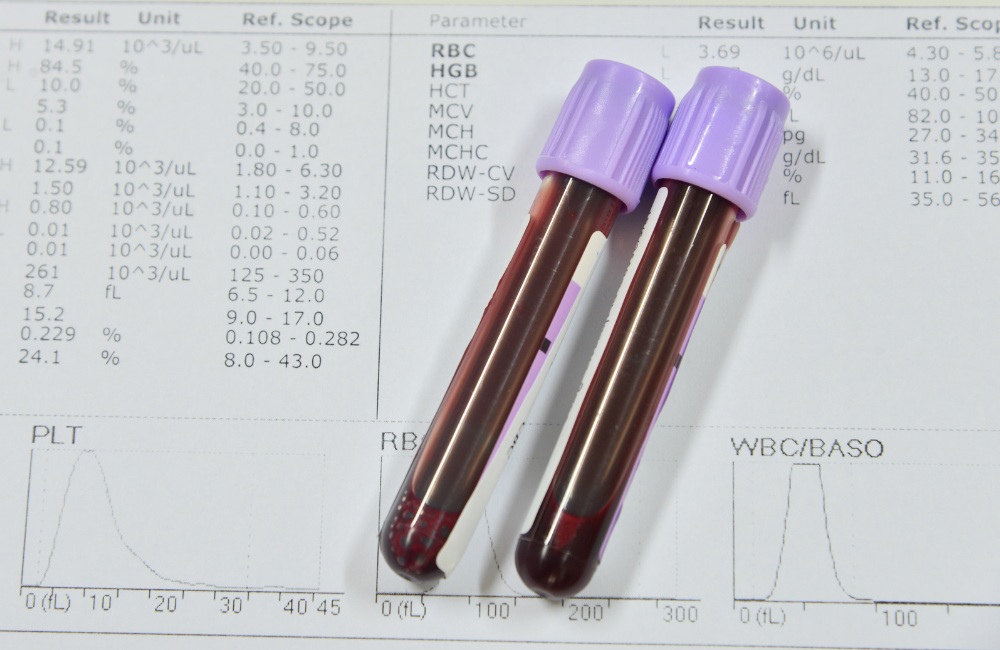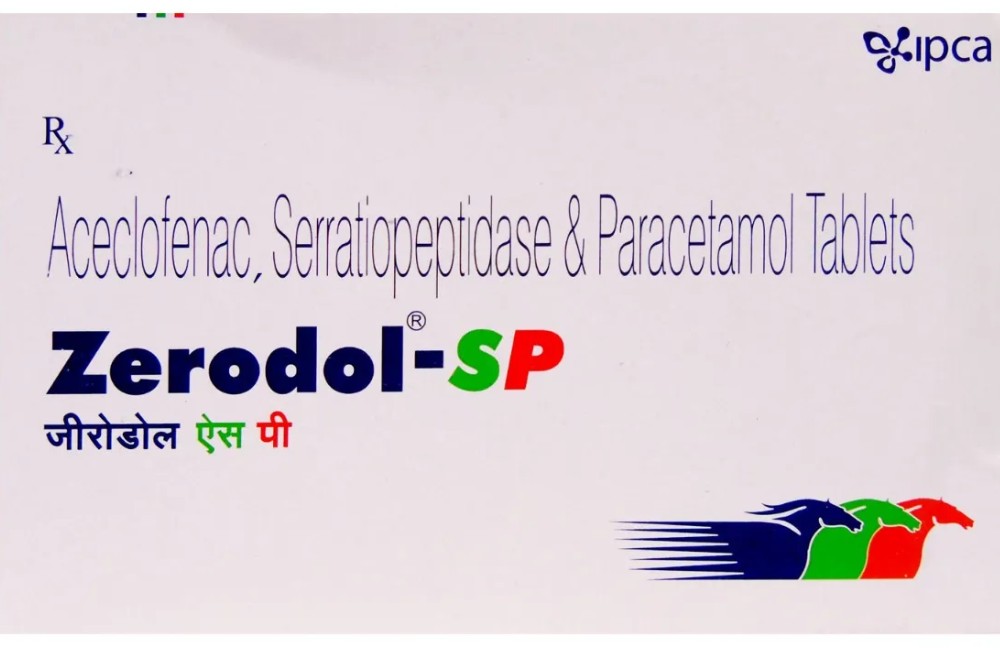Motor Neurone Disease (MND): Types, Causes, Symptoms, and Treatment

Imagine your body as an intricate orchestra, with each musician (your nerves) playing their part to create harmonious movements. Now, picture what happens when the conductor (motor neurons) loses control – the result is Motor Neurone Disease (MND). This debilitating condition may not be as well-known as some other illnesses, but it carries a profound impact on those affected. In this article, we’ll embark on a journey to understand MND comprehensively, exploring its types, causes, symptoms, and cutting-edge treatment options. Get ready to unravel the mysteries behind this neurological condition that has puzzled the medical world.
Table of Contents
ToggleTypes of MND
MND isn’t a one-size-fits-all condition; it comes in various forms, each with its own unique characteristics. The most common type is Amyotrophic Lateral Sclerosis (ALS), which gained widespread attention through the Ice Bucket Challenge. However, there are other lesser-known variants like Primary Lateral Sclerosis (PLS), Progressive Muscular Atrophy (PMA), and Bulbar-Onset MND, each affecting different sets of motor neurons.
The Culprits: What Causes MND?
The exact causes of MND remain shrouded in mystery. While scientists have made significant progress in understanding the disease, it’s clear that both genetic factors and environmental triggers play a role. Some individuals inherit specific gene mutations that make them more susceptible to MND, while others might develop the condition due to exposure to certain environmental toxins.
Early Warning Signs: MND Symptoms
Detecting MND in its early stages can be challenging, as its symptoms can mimic those of other conditions. Muscle weakness, muscle cramps, and spasms are often the first signs. Muscle wasting and difficulty swallowing or speaking soon follow, as the disease progresses. Breathing problems can also become a significant concern, making early diagnosis and intervention crucial.
The Diagnostic Puzzle
Diagnosing MND requires a multidisciplinary approach. Doctors typically start with a clinical assessment, looking for specific signs and symptoms. Electromyography (EMG) and nerve conduction studies help evaluate nerve function, while magnetic resonance imaging (MRI) can rule out other potential causes. Genetic testing may also be recommended, especially if there’s a family history of MND.
Breaking Down MND Treatment
While there’s currently no cure for MND, there are various treatment options aimed at managing symptoms and improving the quality of life for those affected. Medications like Riluzole and Edaravone can slow down the disease’s progression. Physical and occupational therapy help maintain mobility, and assistive devices aid in daily activities. As the disease advances, breathing support becomes essential, and individuals may consider experimental treatments through clinical trials.
Living with MND: Coping Strategies
Motor Neurone Disease can be emotionally and physically challenging. Coping strategies play a vital role in enhancing the overall well-being of patients. Psychological support, counseling, and access to support groups provide invaluable assistance in navigating the complexities of MND. Learning to adapt to a new way of living becomes essential for both patients and their caregivers.
Cutting-Edge Research and Hope for the Future
In the world of medical research, hope springs eternal. Scientists are continuously exploring innovative therapies for MND. Gene therapy, which involves correcting faulty genes, holds promise. Stem cell therapy, aimed at replacing damaged motor neurons, is also being investigated. Additionally, ongoing drug development efforts offer optimism for finding more effective treatments.
Conclusion
Motor Neurone Disease is a formidable adversary, but with increased awareness, research, and support, we inch closer to understanding and combating this enigmatic condition. While we don’t yet have all the answers, we continue to explore new avenues for treatment and strive to improve the lives of those affected by MND.
FAQ’s
While MND can be genetic in some cases, it doesn’t necessarily mean that it will be inherited. It’s a complex interplay of genetic and environmental factors.
At present, there is no known way to prevent MND. Researchers are working diligently to uncover more about its causes.
Life expectancy varies, but most individuals with MND live for several years after diagnosis, with some living longer than others.
Yes, there are many support groups and organizations dedicated to helping those affected by MND and their families. They provide valuable resources and emotional support.
You can contribute by participating in fundraisers, donating to research organizations, and spreading awareness about MND within your community and online.
Book an Appointment
Recent Articles
-
 Full Body Checkup: A Complete Test List for Optimal Health02 Nov 2023
Full Body Checkup: A Complete Test List for Optimal Health02 Nov 2023 -
 Zerodol-SP Tablet: Power of Pain Relief and Inflammation Control30 Jun 2023
Zerodol-SP Tablet: Power of Pain Relief and Inflammation Control30 Jun 2023 -
 Glycerin for Face: A Game-Changer in Skincare?01 Sep 2023
Glycerin for Face: A Game-Changer in Skincare?01 Sep 2023 -
 7 Hacks to Lower Prolactin Levels Naturally27 Sep 2023
7 Hacks to Lower Prolactin Levels Naturally27 Sep 2023 -
 The Incredible Benefits of Eating Walnuts: Boosting Your Health One Nut at a Time29 Jun 2023
The Incredible Benefits of Eating Walnuts: Boosting Your Health One Nut at a Time29 Jun 2023

